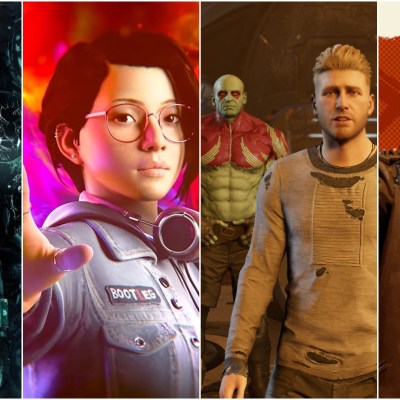The Best Games of 2021
From fantastic sequels to bold new ideas, these are the best games of a surprisingly great year for gaming.
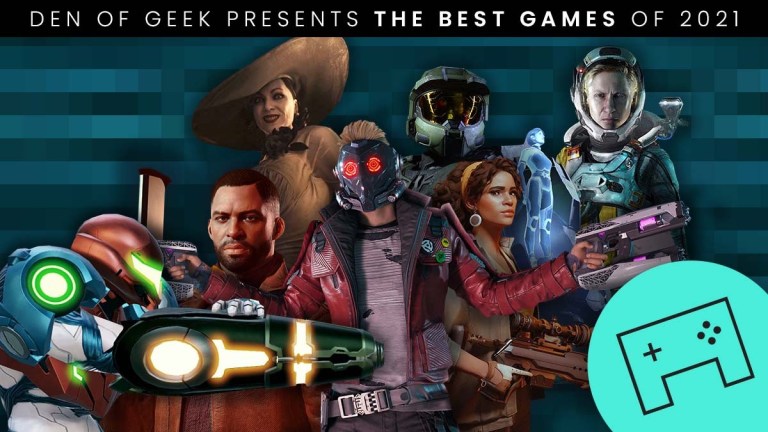
Many have called 2021 a slow year for video games, and we certainly understand why. Game development is hard enough without having to deal with the challenges of working during the COVID-19 pandemic, systemic issues within the industry, hardware shortages, and a variety of other factors that have led to some of the delays and disappointments we’ve seen this year.
Yet, at the end of this “slow” year, we were still left staring at a list of about 50 games that are more than worthy of being considered the very best of both 2021 and many other recent years.
In a strange way, that combination of certain major games getting delayed and others falling short helped reveal the depth of talent in the modern gaming industry. In a year where it felt like those annual franchise installments stole less of the spotlight, it’s easier than ever to appreciate the sheer number of incredible gaming experiences that were out there waiting to be discovered.
So while we wish there was time to tell you about every great game that came out this year that may just remind you why you fell in love with gaming in the first place, these were the best of the best.
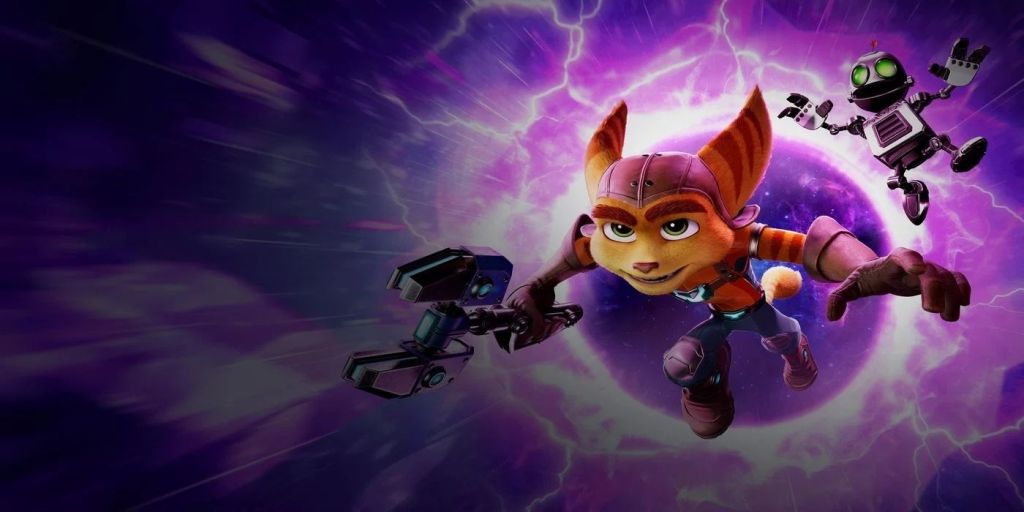
20. Ratchet and Clank: Rift Apart
Naughty Dog’s revolutionary 2001 PS2 game Jak and Daxter: The Precursor Legacy was basically sold on the promise of “no load times.” Coming off of the nightmarish era of PS1 load times, the idea of being able to play a 3D platformer on a PlayStation console without having to stare at a slowly moving progress bar for minutes at a time felt magical.
20 years later, Insomniac Games’ Ratchet and Clank: Rift Apart rekindles that magic. By boldly testing the limits of the PS5’s advanced SSD, Insomniac delivers that kind of seamless gaming experience we dared to dream of so long ago as well as the kind of pure action platforming experience that has long helped the Ratchet and Clank franchise stand out from such incredible competition.
It’s easy to get hung up on raw visuals when we talk about the power of next-gen consoles, but Rift Apart reminds us that next-gen gaming is really about removing the barriers that make it harder for creators to realize their dreams.
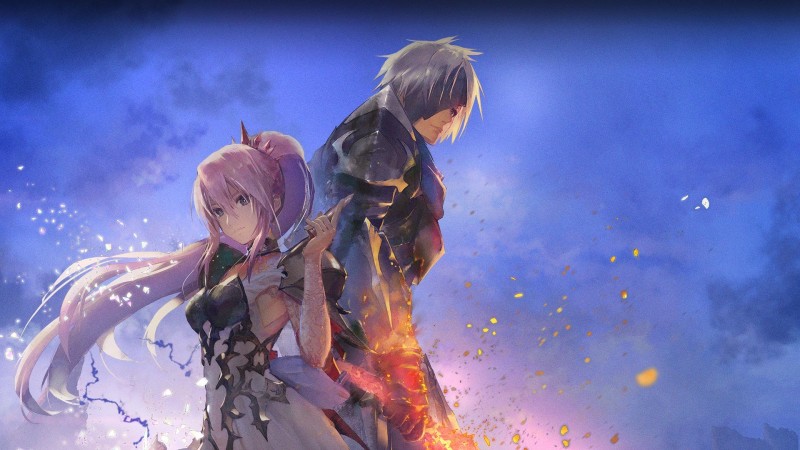
19. Tales of Arise
It’s sometimes tough to see the line between paying homage to your inspirations to the point where you (perhaps accidentally) recreate them and using those inspirations as the foundation for something new. Creators shouldn’t necessarily hesitate to offer something incredible just because it may seem familiar to some, but it’s hard to shake that feeling that you should constantly be pursuing something nobody has seen before.
With Tales of Arise, director Hirokazu Kagawa and the Bandai Namco team deliver a JRPG that feels pleasantly familiar and boldly defiant. It both recognizes the brilliance of previous Tales games and acknowledges their flaws by incorporating bold new concepts (like a much more action-based combat system) that would perhaps be considered sacrilegious if they weren’t executed to perfection.
Tales of Arise manages to remind us why we love this franchise and this genre without ever taking that love for granted.
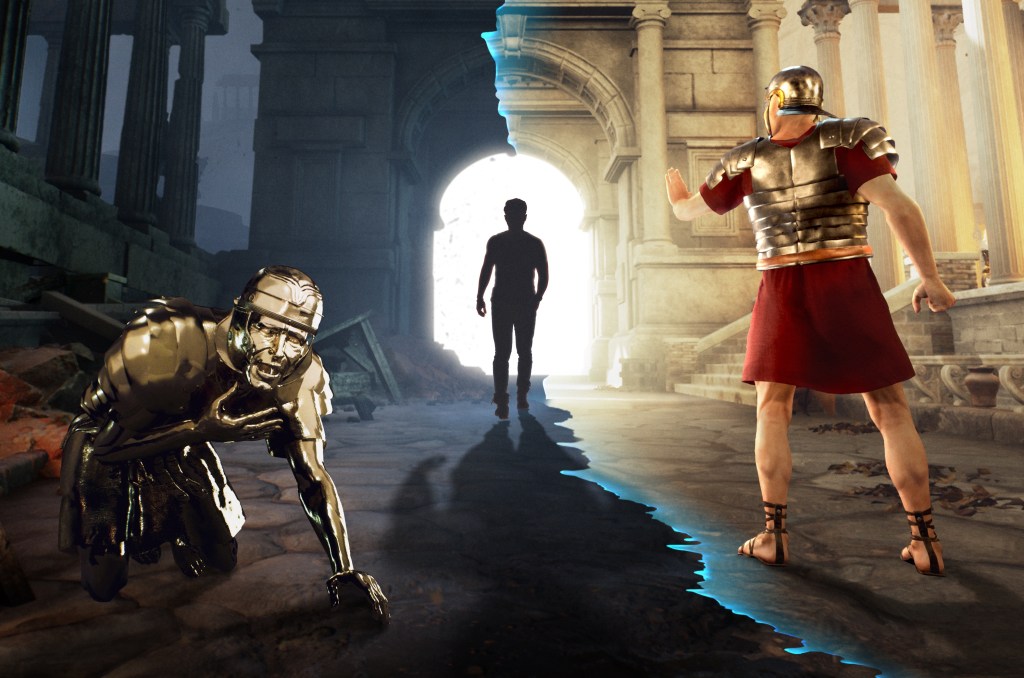
18. The Forgotten City
The Forgotten City tells the story of a traveler stuck in a time loop who must solve the mystery of an ancient society where every citizen is punished if just one person commits a “sin.” It’s an almost Twilight Zone-like premise that immediately inspires you to dive deep into this game’s world and not come up for air until you find answers.
Like so many other great puzzle adventure games, though, The Forgotten City is really about the moments in-between those revelations. The Forgotten City’s elaborate premise only works because this game takes the time to sell this incredible world and makes you dread the possibility that all of the incredible little things you discover and amazing people you meet while trying to solve this mystery could go away in an instant.
Any “detective” game can find the thrill in solving a case, but only the best mysteries leave you wishing that you can lose yourself in the process.
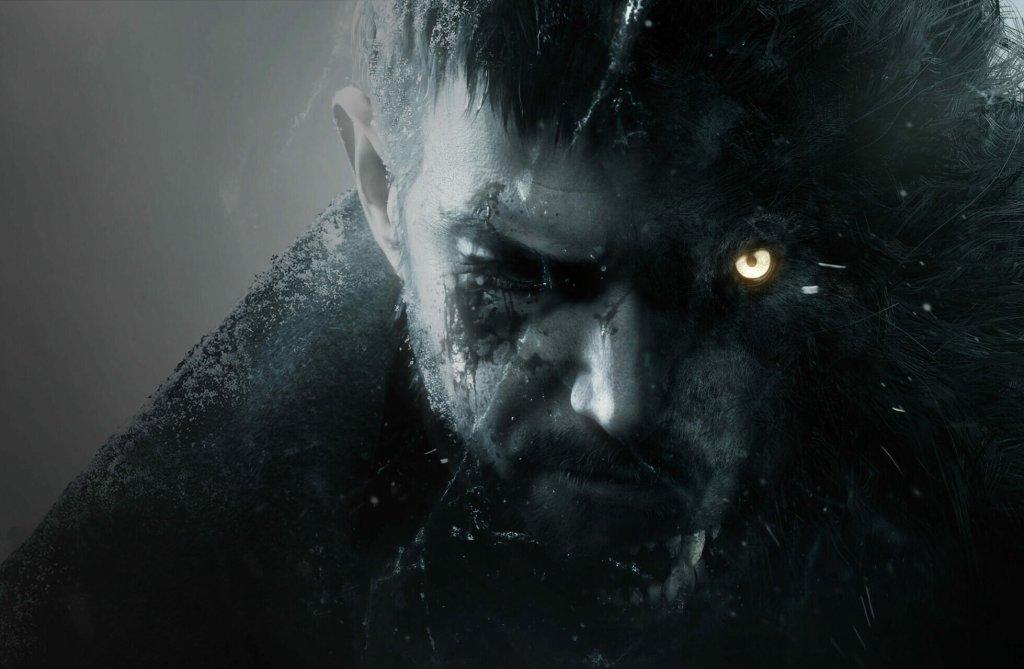
17. Resident Evil Village
To be honest, Capcom didn’t need to go all-out for Resident Evil Village. At a time when Triple-A horror titles are as rare as ammunition in a PS1 survival horror game, it would have (sadly) been enough for them to give us a genre game that benefits from a blockbuster budget.
Instead, the Resident Evil Village team reached deep into their bag of tricks and gave us everything they had. There may be times when Village lingers on ideas that don’t work quite as well as others, but you’re never left doubting that the ultimate goal of this game was to showcase the diversity of the horror genre and the evolution of the Resident Evil franchise.
Whether this is your first Resident Evil game or you’ve been a fan since the first zombie, Resident Evil Village will make it clear why this is still the horror gaming franchise.

16. Everhood
There are times when describing the latest indie game makes you sound like an opportunistic sommelier trying to upsell a bottle. “It’s a Metroidvania with hints of JRPG storytelling and ‘92 action game notes (a very good year).” Many of those games are incredible, but cynics sometimes insist that there are simply no new ideas out there.
While the spirit of Undertale has been invoked to describe Chris Nordgren and Jordi Roca’s Everhood, the truth is that there is nothing quite like this game. Everhood’s wonderful rhythm-based combat system is the kind of simply sublime concept that administers a heavy dose of adrenaline every time you encounter it, and the project’s story manages to steal your heart without ever feeling cheap.
Everhood is that kind of wonderful, nearly indescribable experience that leaves you wanting to sing its praises even as you’re still trying to figure out what it all means.
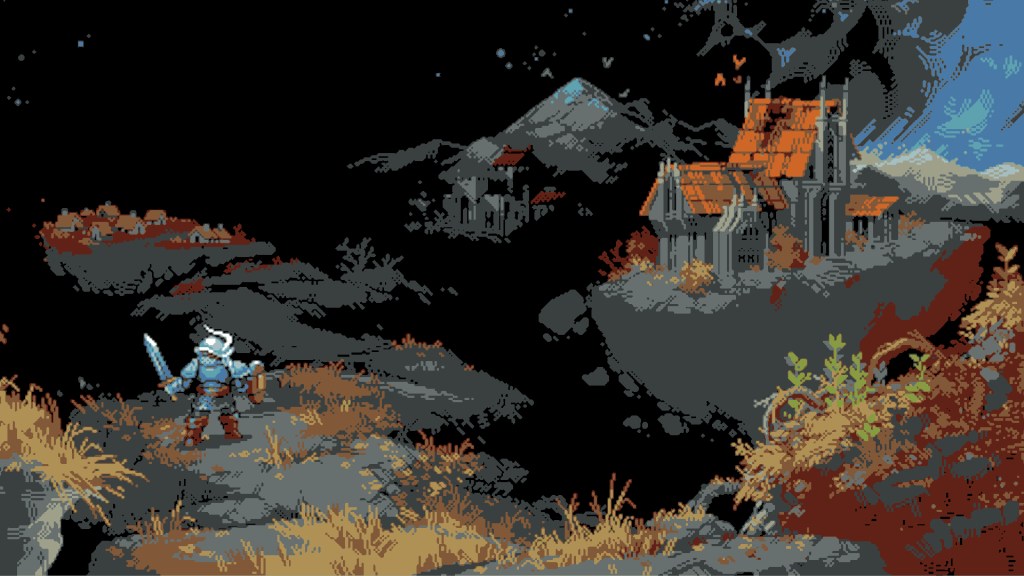
15. Loop Hero
In a way, Loop Hero is about hopelessness. It’s a game about a world seemingly destined to die that is populated by people who don’t remember better days. Nearly every element of its gameplay (from the items you acquire to the outcome of battles) is determined by randomness and automation. It’s enough to make you wonder why you bother to carry on.
Yet, there comes a moment in Loop Hero when you realize that the game is offering you brief moments of control through the ability to place certain titles or equip certain items. It’s when you find the empowerment in these rare moments to have a direct say in your fate that you find the beauty in Loop Hero’s masterful blend of deckbuilding, roguelike runs, and streamlined RPG mechanics that tap into the heart of that complex genre.
“Addictive” is certainly one way to describe the thrill of playing out the seemingly stacked deck that Loop Hero deals you, but the game’s greatest quality may just be the way that it realizes that the joy of failing can be found in the way that every failure enhances the eventual joy of success.
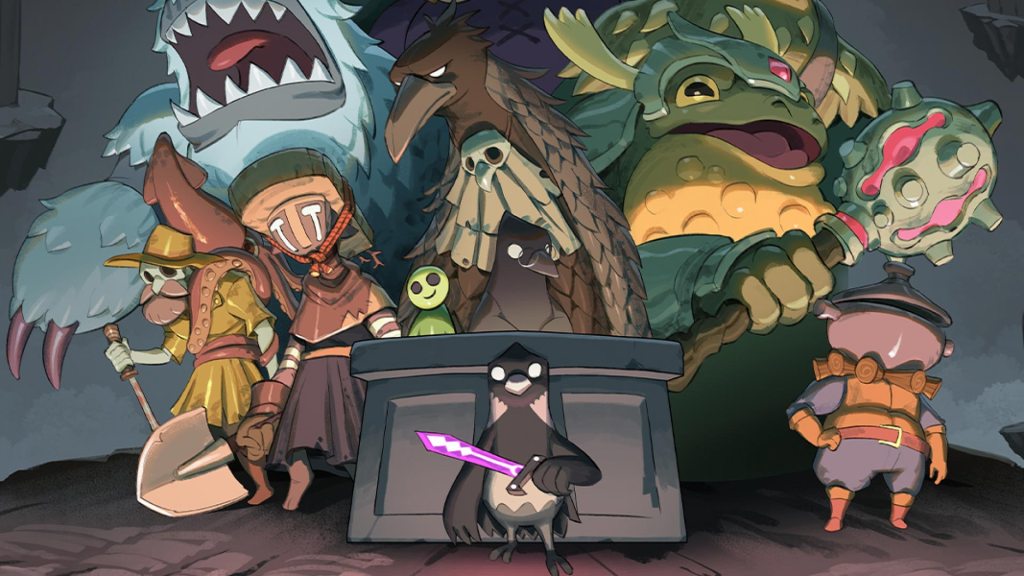
14. Death’s Door
If you’re desperate to quickly summarize Death’s Door, you could do worse than to describe it as a classic Zelda game by way of Dark Souls. That’s certainly as much as some people will need to know before they decide to give this game a shot.
Death’s Door is more than that, though. It’s a game that some have described as mechanically and narratively “tight,” but there’s a cold connotation to that word that undersells the impact of the magic that developer Acid Nerve has unlocked with this title.
This is a lovely and intelligent game that uses a somewhat familiar formula as the basis for an adventure that manages to both invoke powerful memories of classic gaming experiences and transcend the expectations of those titles. It’s the rare game that manages to tap into the pure joy of nostalgia even if you’re not actually nostalgic for the games it was clearly inspired by.

13. Forza Horizon 5
Every few years, I get addicted to a racing game. I wish I could tell you what it is about this genre that occasionally speaks so loudly to me, but I’ve resigned myself to accepting that there is just a spark within the engine of that genre.
Forza Horizon 5 is the perfect example of how the racing genre can occasionally grab you even if you don’t typically consider yourself to be a fan. It’s a game that celebrates the freedom and thrill that comes from sitting behind the wheel of the world’s most exotic cars while benefiting from the stunning Mexico settings that this title embraces and stunningly recreates.
Mostly, though, Forza Horizon 5 is a reminder that this is the latest entry in the best racing game franchise ever.
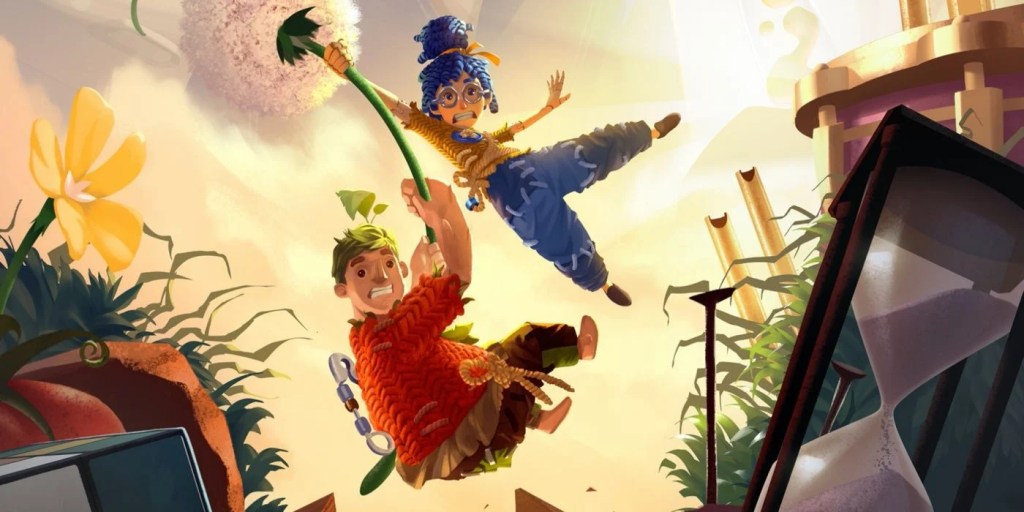
12. It Takes Two
With 2018’s A Way Out, eclectic game director Josef Fares pushed the limits of storytelling in a co-op video game by suggesting that the struggles of two players trying to work together should be reflected in a narrative starring uneasy allies. With It Takes Two, Fares takes that idea one step further by using co-op gameplay to tell a fantasy story about a child trying to stop their parents from getting a divorce.
To be entirely honest, there are times when Fares struggles to tell the story he’s clearly trying to tell without overplaying his hand and exposing his shortcomings as a writer and character creator. Yet, nearly all of It Takes Two’s stumbles are preceded and followed by some absolutely brilliant moment of co-op gameplay that you and the person you’re playing with will never forget.
Ultimately, it’s the joy of getting to share those moments with someone close to you that makes It Takes Two so special.
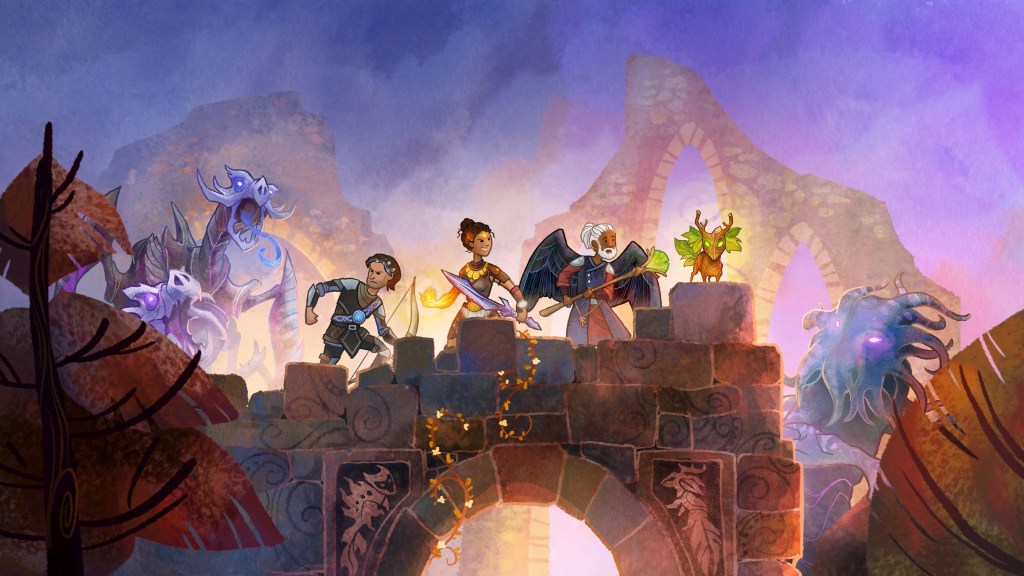
11. Wildermyth
For about as long as we’ve had video games, developers have been trying to recreate the experience of playing a tabletop RPG with real-life friends. While tabletop RPGs like Dungeons & Dragons have certainly influenced some of the greatest games ever made, it’s still incredibly difficult to capture the chaos, joy, and feeling of adventure that you get with a proper tabletop experience.
With Wildermyth, developer Worldwalker Games LLC boldly strips this genre down to its essentials by emphasizing complicated choices, constantly evolving narratives, deep character-building, skill-based tactical combat, and surprising scenarios over the advanced presentation elements that should separate (and elevate) video game RPGs over their tabletop counterparts.
The result is one of the most “accurate” and exceptional digital tabletop RPG experiences ever made. This endlessly replayable game is best experienced with friends, but what makes Wildermyth so special is how it manages to make you feel like you’re sitting at a table with lifelong friends even when you’re diving into this ambitious love letter to role-playing all by yourself.
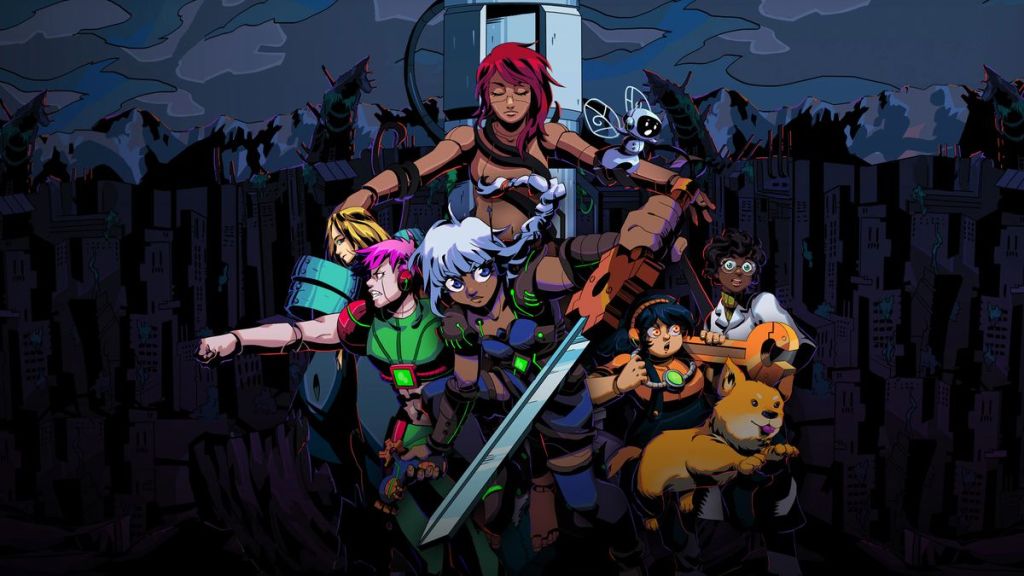
10. Unsighted
There is something beautiful about a ticking clock. Once you accept that we’re all living under the burden of a limited amount of time, you’re forced to accept the reality of what’s left.
Unsighted is a Zelda-like adventure game with Metroidvania elements that is really all about constantly making difficult choices. It forces you to make the most out of a relatively limited amount of time. No matter what you do, you’re going to miss out on some part of this game’s experience or watch something that means a lot to you at one point fall by the wayside.
What Unsighted ultimately shows us, though, is that the limited time that’s available to you is ultimately spent bemoaning what was lost or learning to love what decisions you were able to make along the way and the journey that they took you on.
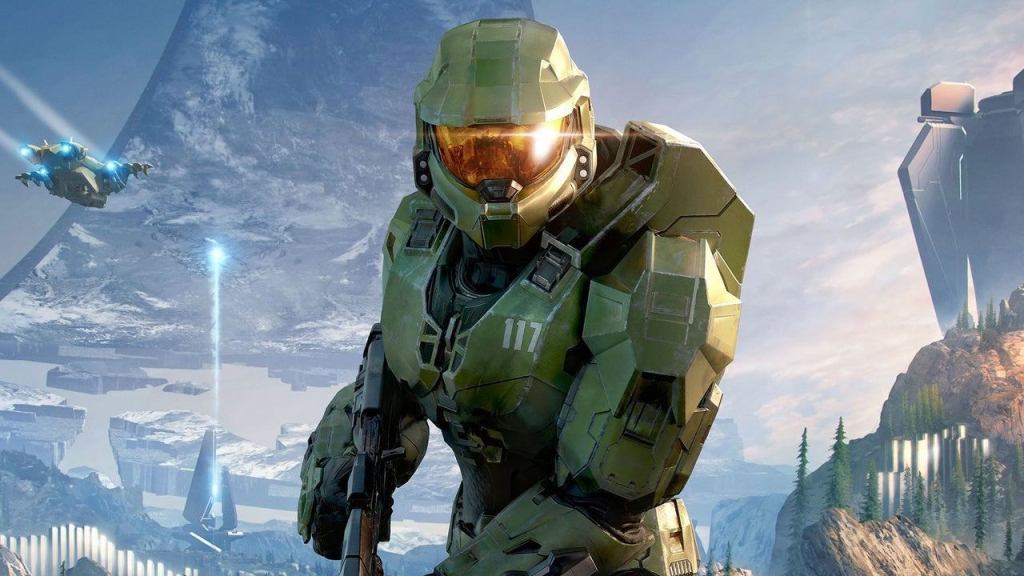
9. Halo Infinite
“You can’t go home again” is one of those phrases that we often toss out when we’re trying to say that things just can’t be as they once were. In reality, though, that phrase is more about how things change and may not be quite the way that you remember them.
Halo Infinite might be a departure from the typical Halo formula in a few ways, but it’s ultimately the purest Halo game that we’ve gotten since Halo 3. Developer 343 Industries looked back at the things that made this franchise so special and found a way to translate so many of those concepts to the modern age in often surprising ways.
Most importantly, Halo Infinite’s multiplayer reminds us of those nights spent at LAN parties or on Xbox Live embracing a competitive FPS experience that felt different at the time and most certainly feels refreshingly different now.

8. Unpacking
How many times have you been unpacking boxes and thought to yourself “This is kind of like playing Tetris?” There’s a degree to which we’ve all tried to overcome the stress and occasional boredom of unpacking by pretending that it’s all just part of some game.
Unpacking taps into the gamification of that process, but it reminds us that all of those items are so much more than burdens that have to be squeezed into whatever free space is available. They are tokens and proof of a miraculous life that has been lived despite whatever ups, downs, triumphs, and sorrows may have occurred along the way.
Every item tells a story, and while we may not be defined by what we own, Unpacking reminds us that there are at least some items that you can’t callously squeeze into whatever free space will have it.
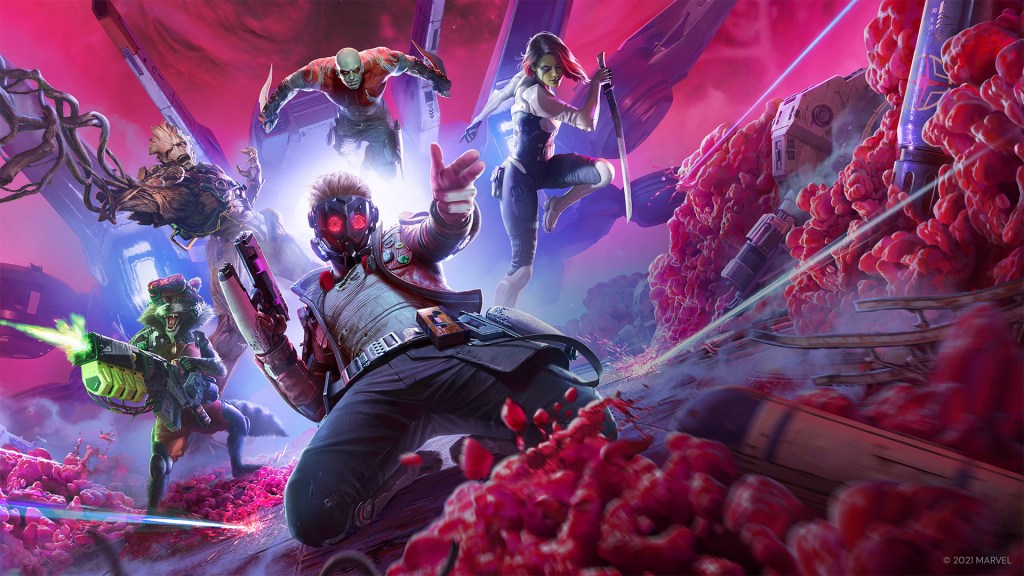
7. Marvel’s Guardians of the Galaxy (Readers’ Choice)
I was entirely indifferent to Marvel’s Guardians of the Galaxy prior to its release. If you would have asked me to passionately make an argument for this game’s potential at that time, I would have probably said that it might feature a pretty good soundtrack.
Well, Guardians of the Galaxy does feature a great soundtrack, but it also happens to benefit from one of the year’s best stories, some of the year’s best characters, and some of the best level design that I’ve seen in a game in the last 15 years.
At a time when the dividing line between “indie” and “Triple-A” is as often defined by passion and creative vision as it is a title’s budget, there’s something wonderful about this game that was clearly made by developers, writers, and designers who drew so much joy from the opportunity to dive into this world.

6. Chicory: A Colorful Tale
As someone who has always been objectively terrible at drawing, painting, and similar art forms, I’ve always found coloring books to be strangely comfortable. They’re obviously simple, but in their simplicity is a much deeper idea about not worrying so much about the results and simply learning to love the process.
In its own way, Chicory is the perfect video game coloring book. This stunningly beautiful game doesn’t care if you have an artistic bone in your body; it just wants you to celebrate the joy of adding a little color to a sometimes dull world. It’s the story behind every scribble and splash that matters most.
Unlike a coloring book, though, Chicory offers a shockingly deep experience that touches upon themes and ideas you never would have expected to see in a game like this. Through it all, though, the game’s greatest accomplishment is not making you fret for painting outside the lines.
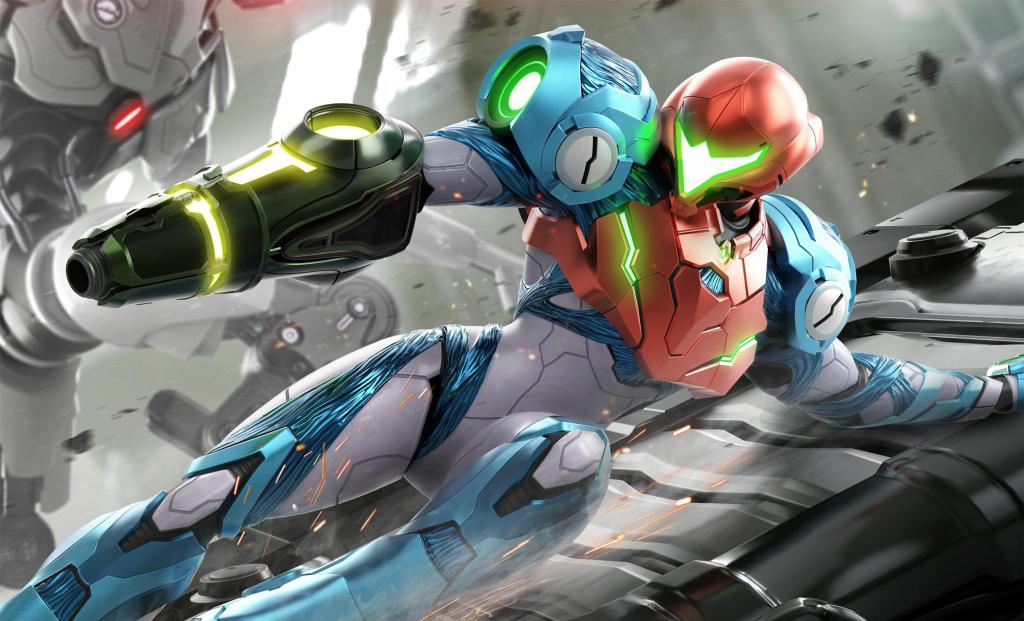
5. Metroid Dread
The frankly shocking amount of time since the release of an official new Metroid game has been filled with the release of a legion of indie “Metroidvania” titles that left some wondering whether fans have become the spiritual stewards of this series.
It’s why you can’t overstate how impressive it is that developer MercurySteam managed to deliver a Metroid experience that not only reminds us why nobody does it better but manages to push this franchise in bold new directions despite serving as what is being advertised as the end of the Metroid saga.
For years, those who didn’t grow up on Metroid games have had to rely on retrospectives to appreciate just how much this franchise means to the evolution of gaming. Now, they can just play this brilliant, bold, scary, thrilling, and adventurous Nintendo Switch masterpiece.
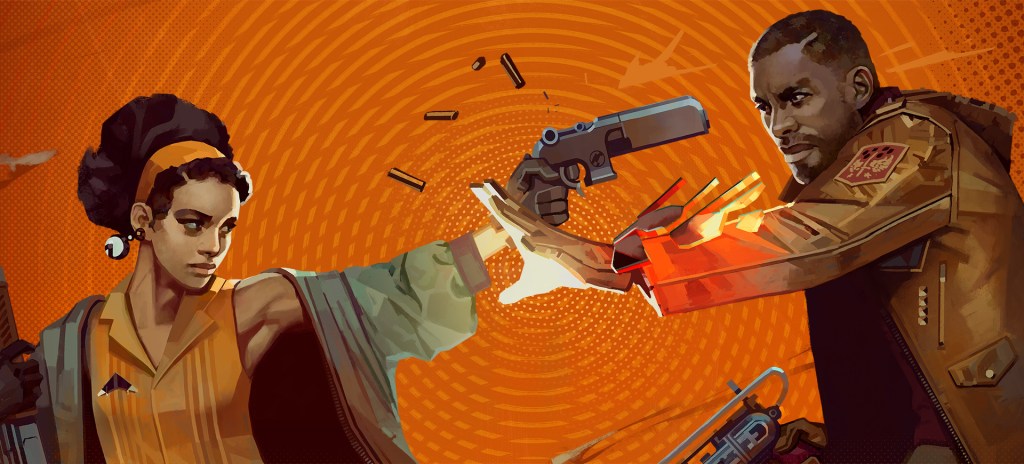
4. Deathloop
There’s a moment in Groundhog Day when we realize that Phil Connors has been living in that time loop for so long that he essentially has the place “solved.” He knows every person, every beat, and every story, but he hasn’t quite figured out what he’s meant to do with all of that information or what to make of it.
Much of Deathloop lives in the brilliance of that moment. It’s a time loop game that doesn’t run from the repetitiveness of that concept but embraces it in a way that allows you to feel the joy of knowing every beat in this world to the point where you can dance through it blindfolded and never disturb the natural order of things. Yet, much like Groundhog Day, the goal is ultimately to use that information to make the seemingly impossible become the new reality.
Deathloop manages to combine the thrill of discovery with the joy of knowing in an incredible time loop assassination adventure that may just be developer Arkane Studios’ masterpiece.
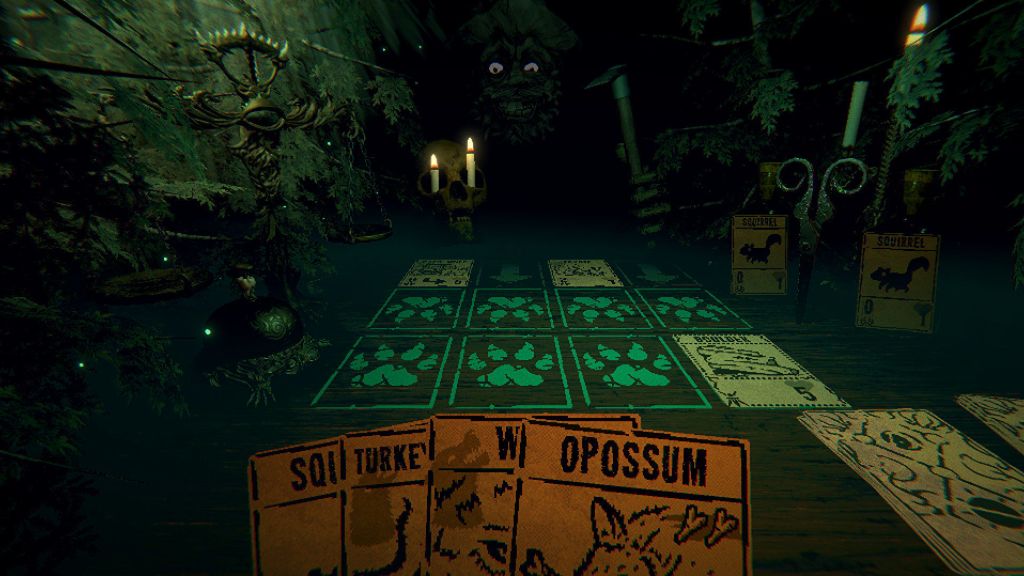
3. Inscryption
The beautiful and frustrating thing about a game like Inscryption is that it’s one of those titles you can’t really talk about for long without accidentally revealing so many of the things that make it great. That being the case, I’m not sure how to sell you on the idea that this is one of the best games of the year without ruining it.
Perhaps it’s enough to say that if Inscryption was the roguelike deckbuilding game that it presents itself as at the start, it would still arguably be one of the best games of the year. If Inscryption was just the puzzle/adventure game that it occasionally turns into, it would be one of the best games of the year.
Yet, it’s ultimately the way that Inscryption uses the terror of the unknown to show you why that person in a horror movie can’t help but to open that door even when every fiber of their being must be telling them to run away that makes it truly special.
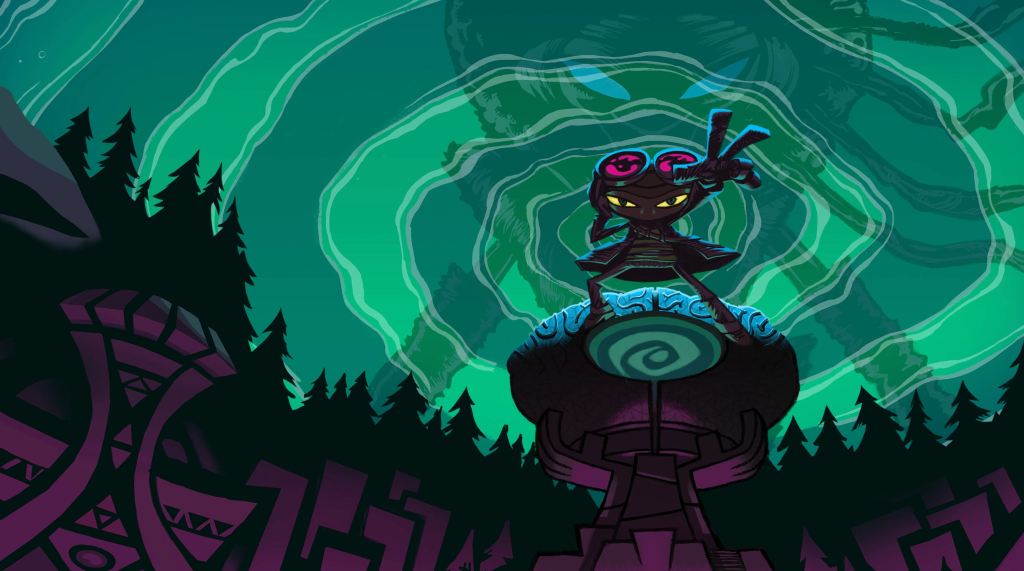
2. Psychonauts 2
There’s a certain physicality to the idea of walking a mile in someone else’s shoes that undersells the power of that concept. After all, the best way to get to know someone is not to walk a mile in their shoes but to inhabit their mind in that brief moment when the world slows down long enough for them to reflect on the entirety of their being.
There is a degree to which the brilliance of Psychonauts 2 can be attributed to the ways it allows you to experience that seemingly impossible moment of comprehension and awe time and time again. While it’s true that the original Psychonauts laid the foundation for that basic concept, even that undeniable classic now feels like a test run for this psychedelic adventure that was once the game that felt too good to ever be true and still feels like that game even after you’ve played it.
I’m tempted to say that Psychonauts 2 is a testament to the old-school concepts of memorable level design and narrative-based adventures, but the fact of the matter is that few creators have ever been capable enough to use those concepts to deliver anything close to this.
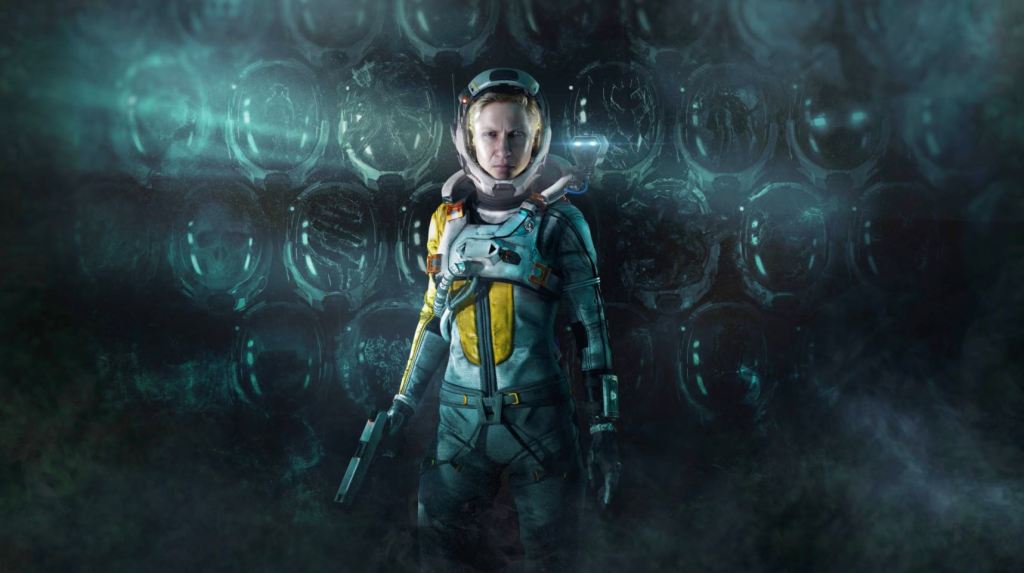
1. Returnal
As I was trying to find the words that would justify calling Returnal the best game of an impressive year, I realized that many of the things this game does so well can be found in other titles. There’s a time loop similar to the one in Deathloop, the basic roguelike concepts so brilliantly utilized in Loop Hero, and the kind of unpredictable horror-driven narrative that makes Inscryption so incredible. Is Returnal just the complete package that perfectly represents the things that make the year’s best games so special?
Perhaps, but the key to Returnal’s brilliance may be developer Housemarquee’s roots. Not long ago, Housemarque published a letter in which the studio questioned if there was even a home for the kind of arcade-like, reflex-driven gaming experiences that they loved so much. At the time, it felt like a tragic reminder that there are times when artists are no longer allowed to practice their craft not because they aren’t the absolute best at it but because the world has gone in a different direction.
After Returnal, though, that letter feels like a declaration of intent. Returnal is somehow both an amazing arcade-like shooter experience, a shockingly brilliant Metroidvania roguelike title, a mind-bending example of timeloop storytelling, and a horror game that is as emotionally and intellectually challenging as it is genuinely terrifying.
The word I think of when I think about what makes Returnal special is “challenge.” It challenged its developers to stay true to themselves while thinking outside of the box, it mechanically challenges you to overcome, ultimately enjoyable, gameplay hurdles, and it mentally challenges you to dissect and debate what it all means long after you’ve had the pleasure of playing it.

